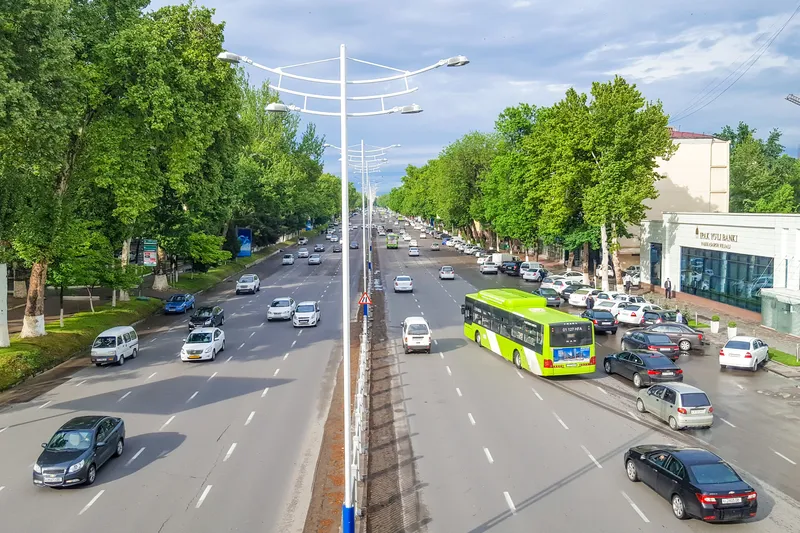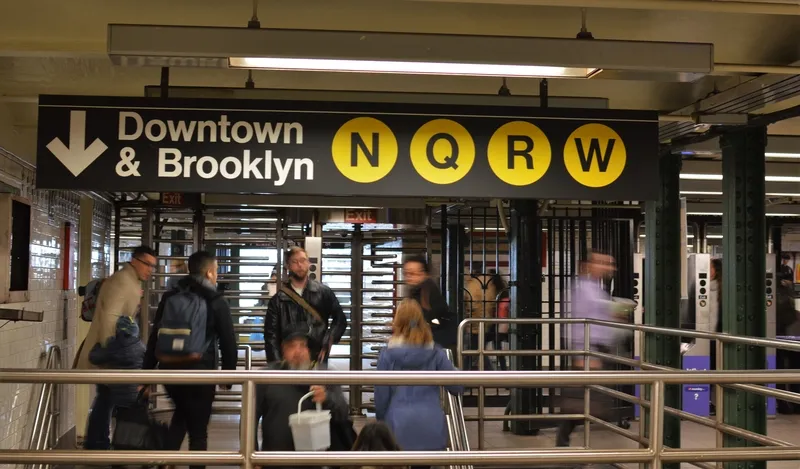
Jenoptik has expanded the road safety project it began in Uzbekistan in 2018.
With partner Atlas International, Jenoptik has already delivered more than 200 mobile and stationary speed enforcement systems to the Uzbekistan Ministry of Interior, as well as project consulting and training services.
The Uzbek authorities have now ordered an additional 150 systems.
Jenoptik says the new additions are in the "mid-single digit million euro range".
The new contract has also been extended, and covers new types of violations such as illegal turns and lane changes.
“We are pleased to build upon a successful partnership and to be able to assist our customers in getting closer to Vision Zero by delivering additional systems and services that help reduce road fatalities and improve road infrastructure,” says Tobias Deubel, VP global sales at Jenoptik’s Smart Mobility Solutions division.










